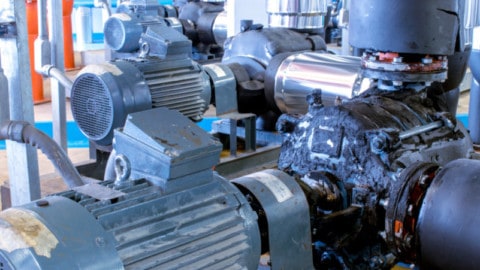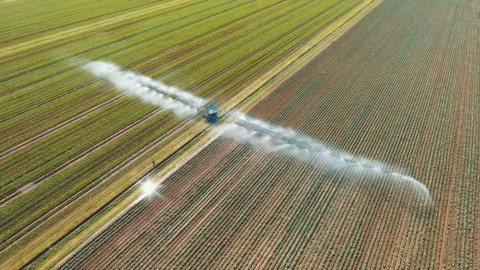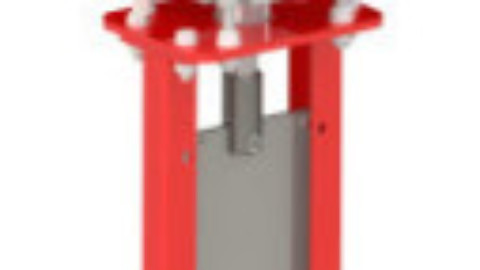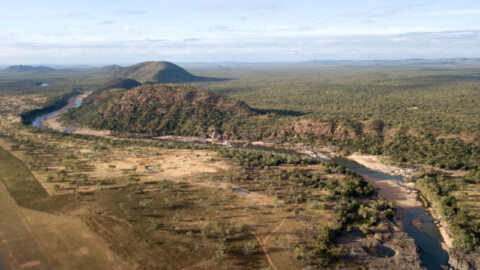An investment of $31.5 million has been confirmed between the Australian Government and the South Australian Murray-Darling Basin Natural Resources Management to fund 122 projects to modernise on-farm irrigation infrastructure and return water to the environment.
The federal funding will be delivered through the SAMDB NRM Board across the southern connected system of the Murray-Darling Basin through Round Four of the On-Farm Irrigation Efficiency Program (OFIEP).
The Hon Gerry Kandelaars MLC, made the announcement on behalf of the Water and the River Murray Minister, Ian Hunter, at the Wurst family farm at Waikerie in the Riverland region, where a third generation is currently producing wine grapes, citrus, pistachios, and plums.
“Funding to make irrigation systems as efficient as possible will go towards securing a long-term future for the Wurst family and other farmers within the irrigation community,” Mr Kandelaars said.
“In exchange for project funding, farmers return water to the environment which will play a vital role supporting River Murray ecosystems, wetlands, and floodplains, ensuring that we have a healthy working river.”
“An estimated 14,300 megalitres of water will be saved, of which 9326.30 megalitres will be returned to the environment through the delivery of this project.”
Mr Kandelaars said sustainable management of water resources in South Australia supports irrigated agriculture worth $1.43 billion annually.
“It is important our natural resources, such as water, are used efficiently and sustainably to ensure our world-renowned premium food and wine producers are here for generations to come,” Mr Kandelaars said.
Paul Wurst, who manages the 80-hectare farm with his father Tony, received funding through the OFIEP in 2012 to convert to a fully automated surface drip irrigation system with soil moisture monitoring.
“We have already noticed water savings since the installation of soil moisture monitoring equipment and expect these savings to increase due to better water distribution uniformity and therefore less water wastage,” Mr Wurst said.




















